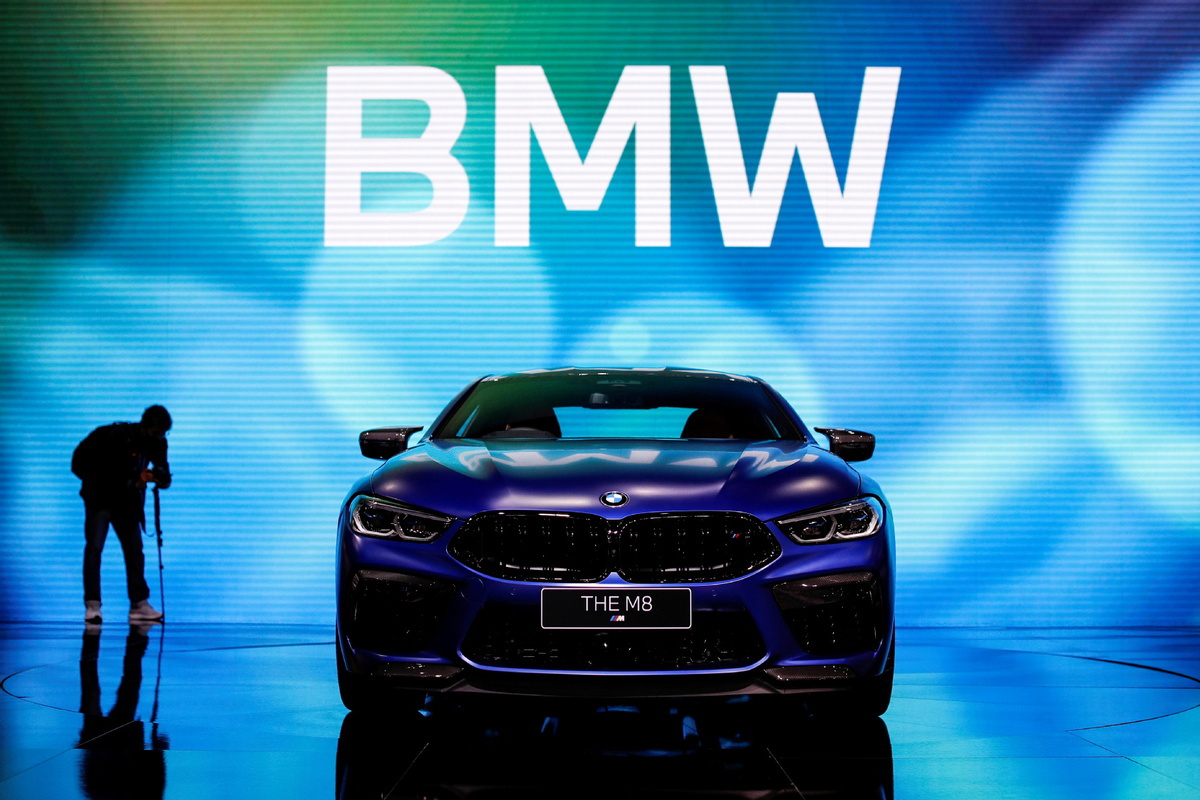BMW backs China's emission-cutting goals

BMW Group Chairman Oliver Zipse expressed the German carmaker's backing for China's de-carbonization goals, saying the country's economic growth has been accompanied by a firm commitment to sustainability.
Zipse made the remarks as he addressed the annual China EV 100 forum online on Saturday.
"China will achieve the goals of carbon peak before 2030 and carbon neutrality by 2060. The BMW Group fully supports these goals," he said.
Despite the COVID-19 pandemic, BMW sold 777,379 vehicles last year in China, marking its best annual sales in the country since its arrival in 1994. Of them, over 30,000 were new energy vehicles.
BMW is one of the first international carmakers to produce new energy vehicles in China. The booming sector is believed to play a big role in cutting carbon emissions.
The carmaker's first China-made electric model, the iX3 SUV, rolled off the assembly line in Shenyang, Liaoning province last year, with the aim of being sold globally.
China has been the world's largest market for new energy vehicles since 2015, according to the China Association of Automobile Manufacturers.
Last year, nearly 1.37 million electric cars and plug-in hybrids were sold in the country, up 10.9 percent year-on-year, despite the COVID-19 pandemic.
Zipse said China has seen the rise of some of the world's leading battery manufacturers including CATL. Its installed capacity reached 34 GWh in 2020, ranking first worldwide.
"This development underlines that sustainability is far more than a short-term trend. In the long run, it will lead to superior solutions in technology and ensure lasting prosperity," Zipse said.
He said it is working in collaboration with suppliers including CATL to cut emissions.
By producing batteries using electricity from renewable resources, they are saving 10 million tons of carbon dioxide until 2030, said Zipse.
BMW sold a total of 192,646 electric cars and plug-in hybrids worldwide last year – an increase of 31.8 percent over 2019.
With more electric models hitting the road, Zipse said he expected sales of such vehicles to reach 100,000 this year.
By 2030, the German premium carmaker expects to have over 7 million electrified vehicles on the road worldwide.

